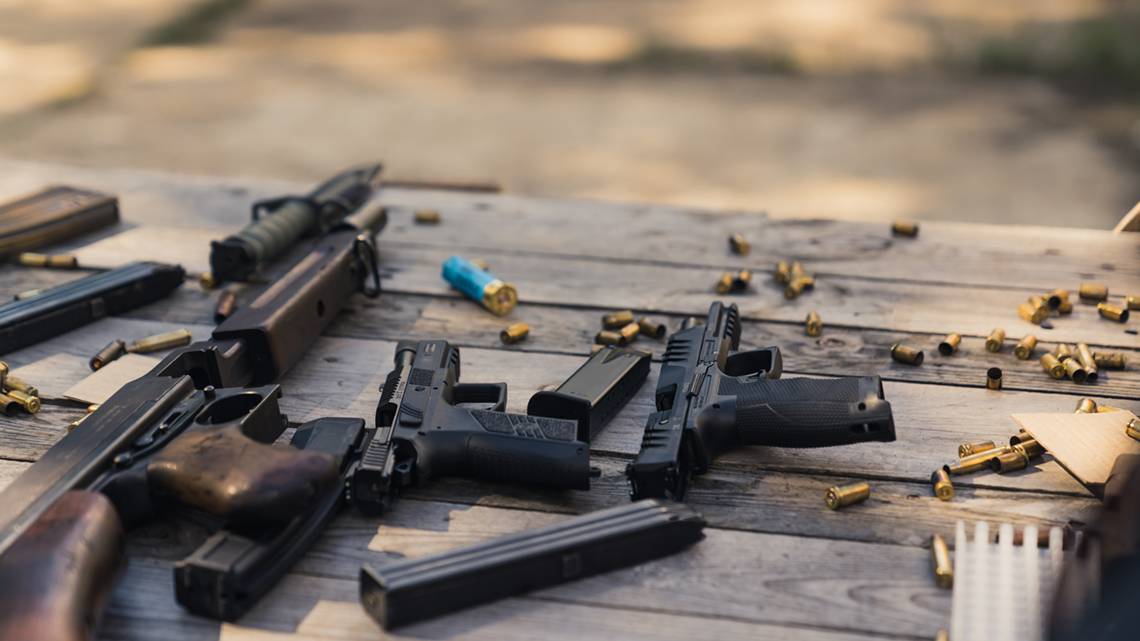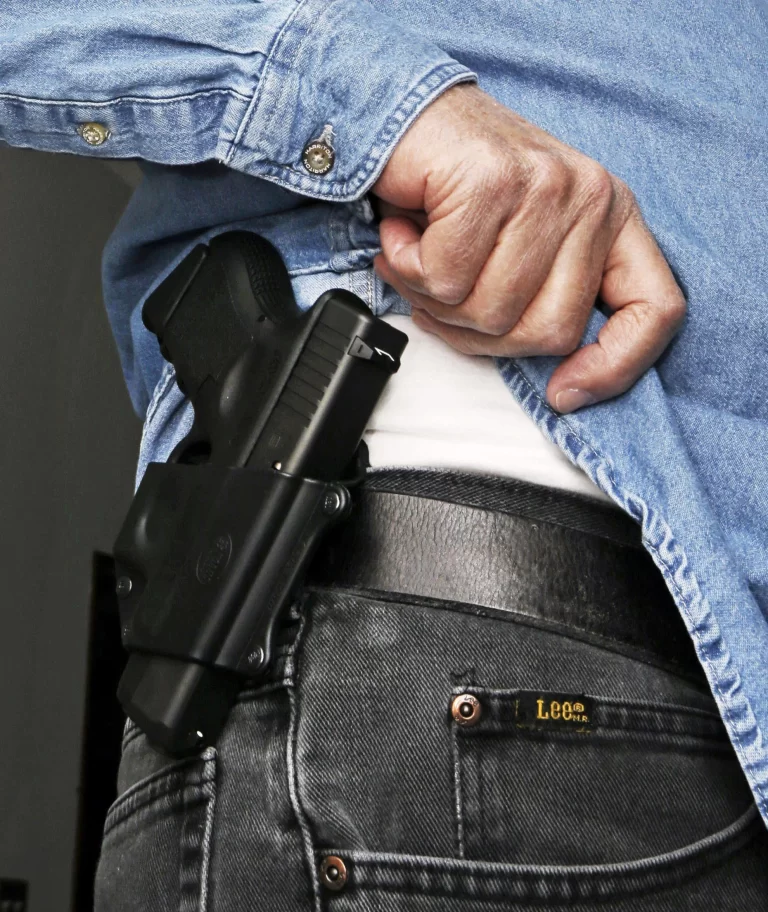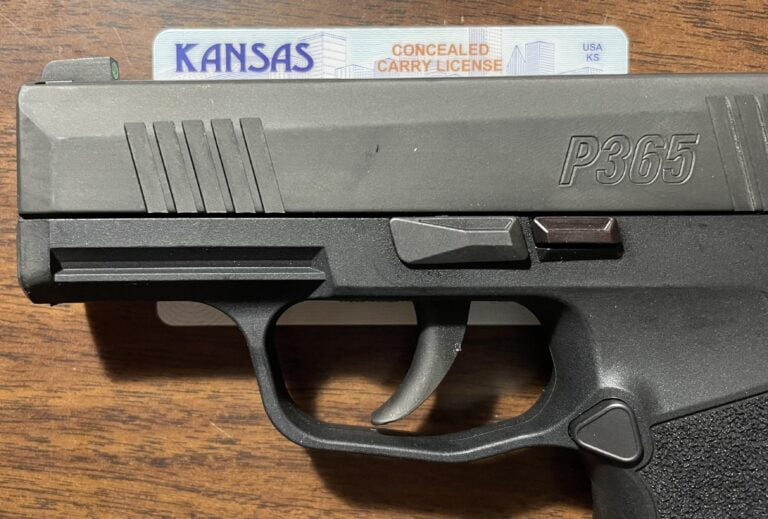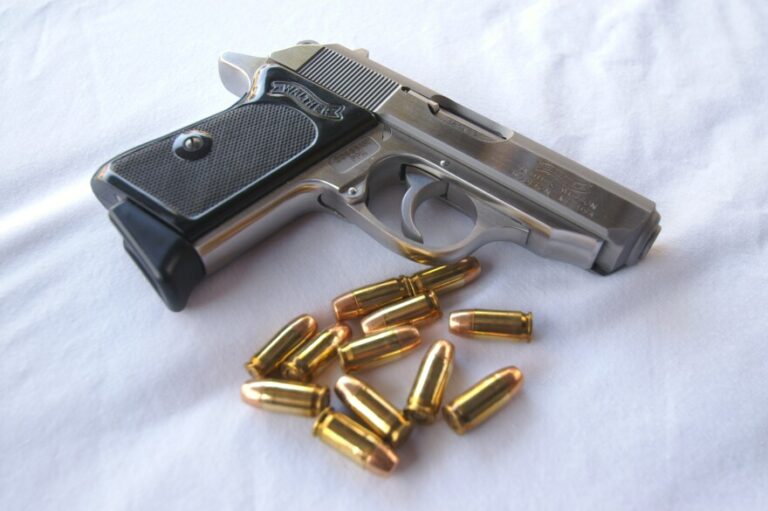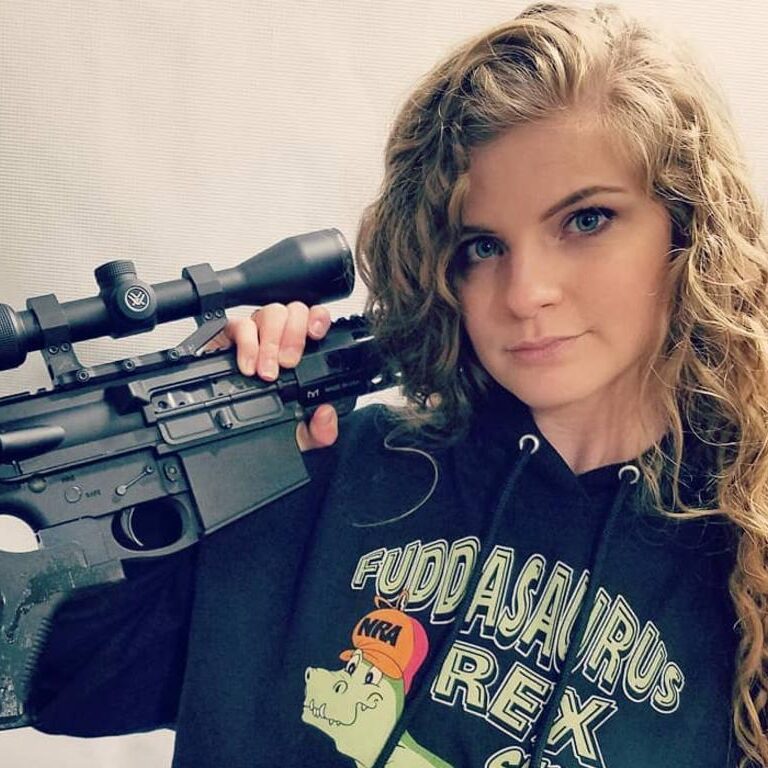Kansas Gun Laws
Kansas is a state known for its robust gun laws, particularly when it comes to concealed carry. With a population of approximately 2.9 million, the state has embraced constitutional carry, allowing individuals who are legally allowed to possess firearms to conceal carry without a permit.
However, there are certain age restrictions and reciprocity agreements with other states that one must be aware of. In this article, we will delve into the details of Kansas concealed carry laws, reciprocity agreements, and where you can carry your firearm legally.
Overview of Kansas Gun Laws
Kansas operates as an “Unrestricted” and “Shall Issue” state, meaning that it allows both constitutional carry and concealed carry permits. Here’s a breakdown of the key points:
- Constitutional Carry: Kansas is considered a constitutional carry state, meaning that anyone who is 21 and can legally possess a firearm is allowed to conceal carry without a permit.
- Age Restrictions: Individuals between the ages of 18 to 20 can only concealed carry if they obtain their CCW (Concealed Carry Weapons) license.
- Out-of-State Travel: If a permit is required for out-of-state travel, individuals need to be 21 years old to apply. Non-residents are not issued permits.
Kansas Gun Laws Quick Facts
Here are some quick facts about Kansas gun laws:
- Open Carry Permitted: Any individual 18 years or older (and is legally allowed to own a firearm) is allowed to openly carry a firearm.
- Carry-In Vehicle: Individuals who are 21 years old and legally allowed to own a firearm can conceal carry in their vehicle. Those at least 18 years old can transport their firearm but it must be unloaded and in a secure container if they don’t have a CCW permit.
- Carry-In State Park: Carrying firearms in state parks within Kansas is allowed.
- Carry-In Restaurants: Carrying firearms in restaurants is allowed under two conditions: no posted sign prohibiting firearms and no influence of drugs and alcohol.
- No Weapon Sign Enforced: There is no specific language in Kansas gun laws regarding the enforcement of no weapons signs.
- Must Notify Officer: Kansas does not require individuals to inform law enforcement officers about carrying a firearm when approached on official business.
Kansas CCW Reciprocity List
Kansas has reciprocity agreements with several states that recognize CCW permits issued in Kansas. Here is a list of states that honor Kansas CCW permits:
- Alabama
- Alaska
- Arizona
- Arkansas
- Colorado
- Delaware
- Florida
- Georgia
- Idaho
- Indiana
- Iowa
- Kentucky
- Louisiana
- Maine
- Michigan
- Minnesota
- Mississippi
- Missouri
- Montana
- Nebraska
- Nevada
- New Hampshire
- New Mexico
- North Carolina
- North Dakota
- Ohio
- Oklahoma
- Pennsylvania
- South Carolina
- South Dakota
- Tennessee
- Texas
- Utah
- Vermont
- Virginia
- Washington
- West Virginia
- Wisconsin
- Wyoming
Please note that some states have restricted reciprocity with Kansas, so it’s essential to check the specific regulations for each state.

How Reciprocity Works In Kansas
Reciprocity agreements allow individuals with valid CCW permits from one state to carry concealed firearms in another state that has a reciprocity agreement. In Kansas, you are allowed to carry concealed firearms in the following places:
Places Allowed:
- State parks
- State and national forests
- Roadside rest areas
- Public grounds and parking lots/garages
- Vehicle (if you’re at least 21 and legally allowed to own a firearm)
- All areas of the state – except those listed below
Places Not Allowed:
- K-12 Schools both public and private buildings if posted “No Firearms”
- Governor’s residence
- Any public building with a posted sign saying “No Firearms”
- Secure areas of any buildings for a correctional facility, jail facility, or law enforcement agency
- State courthouses if posted
- State racetracks if posted
- Under the influence of alcohol or drugs
- Any place where the carrying of firearms is prohibited by Federal Law.
Kansas: Conceal Carry Laws
In addition to constitutional carry, there are other important aspects of Kansas concealed carry laws:
- Open Carry: Open carry is legal in Kansas for individuals who are at least 18 years old and allowed to possess a firearm.
- Carry-In Vehicle: Anyone who is 21 years of age and can legally possess a handgun can carry it concealed or openly in Kansas without any type of permit/license. The minimum age for possessing and transporting an unloaded and secured handgun in a vehicle without any type of permit/license is 18.
- Carry-In State Parks: Carrying in state parks, state forests, Wildlife Management Areas (WMA), and roadside rest areas is permitted.
- Carry-In Restaurants: Carrying in restaurants is permitted, but some restaurants may be posted with “NO GUN” signs.
- Constitutional Carry: As mentioned earlier, Kansas is considered a constitutional carry state.
- No Weapon Signs Enforced: “No Weapons” signs are not mentioned in Kansas gun laws. They have no force of law unless posted in areas specifically mentioned in the law as off-limits.
- Must Notify Officer: There is no requirement in Kansas gun laws to inform law enforcement officers about carrying a firearm when approached on official business.
Kansas gun laws for felons
In Kansas, state laws regarding firearms for individuals with felony convictions are stringent. Generally, it is unlawful for felons to possess firearms. Convicted felons are prohibited from owning, purchasing, or possessing firearms, and doing so may result in criminal charges. There are limited avenues for felons to regain their firearm rights, such as through the restoration of civil rights or obtaining a pardon. It is crucial for individuals with felony convictions in Kansas to thoroughly understand and adhere to these laws, seeking legal advice if needed to navigate the complexities surrounding the possession of firearms.
Conclusion
Kansas offers a favorable environment for concealed carry, allowing both constitutional carry and the option of obtaining CCW permits. It’s essential to understand the reciprocity agreements with other states and the specific regulations regarding where you can carry your firearm legally. By being informed and responsible, you can exercise your Second Amendment rights while adhering to the laws of the state and ensuring the safety of yourself and others.
FAQs
1. Can I carry a concealed firearm in Kansas without a permit?
Yes, Kansas allows constitutional carry, which means anyone who is 21 and can legally possess a firearm is allowed to conceal carry without a permit.
2. Can individuals between the ages of 18 to 20 carry concealed in Kansas? Individuals between the ages of 18 to 20 can only concealed carry if they obtain their CCW license.
3. Are there any restrictions on carrying a firearm in restaurants?
Yes, while carrying in restaurants is generally allowed, you cannot carry if there’s a posted sign prohibiting firearms, and you cannot be under the influence of drugs and alcohol.
4. Does Kansas have reciprocity agreements with other states for CCW permits? Yes, Kansas has reciprocity agreements with several states. However, some states have restricted reciprocity with Kansas.
5. Is open carry legal in Kansas?
Yes, open carry is legal in Kansas for individuals who are at least 18 years old and allowed to possess a firearm.
